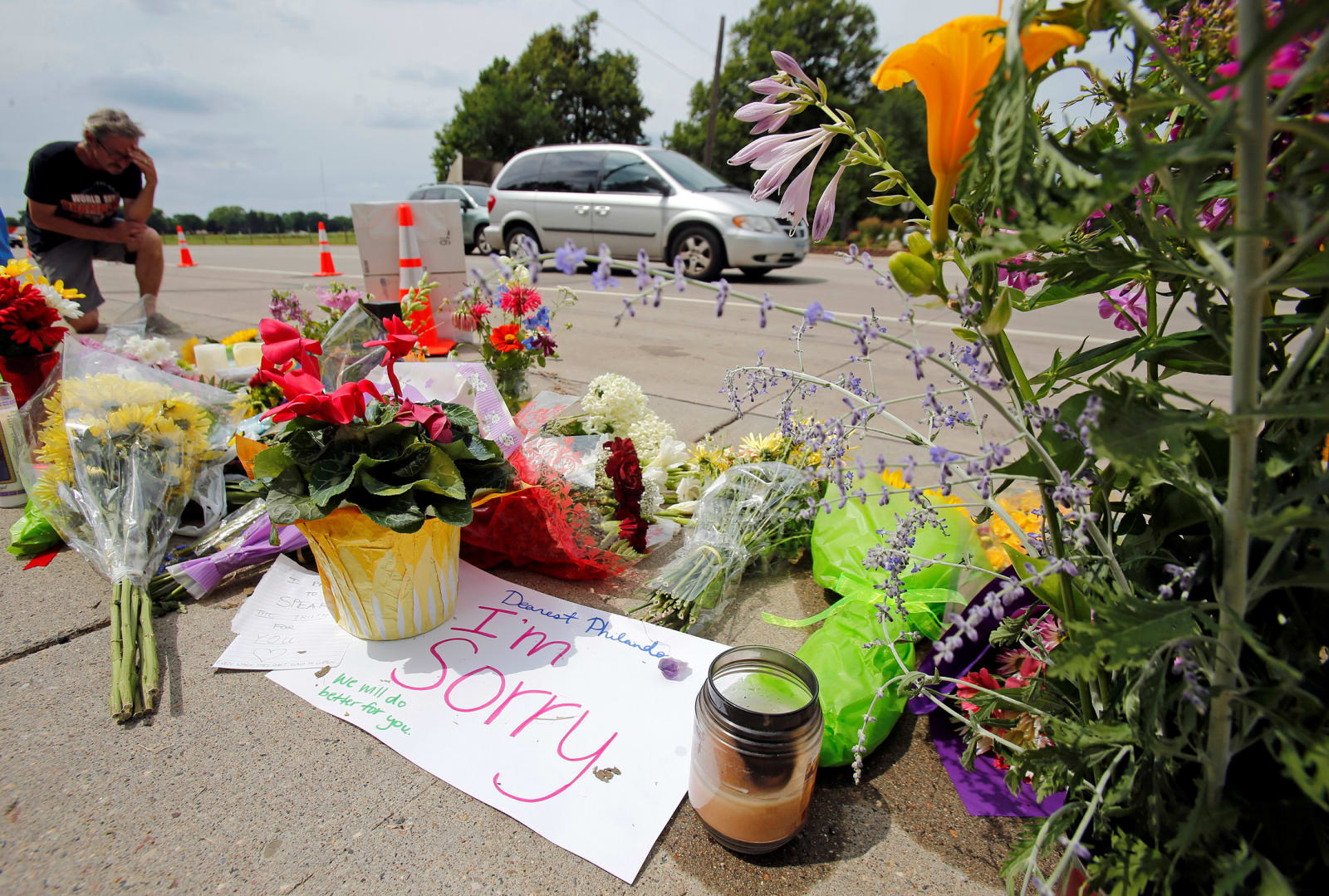Dear Silicon Valley, not everything can be solved with apps
In the wake of the shooting of Philando Castile by a police officer in Falcon Heights, Minnesota, Shervin Pishevar, a prominent investor in Silicon Valley, came up with an idea: a mobile app. The app, as he describes it to USA Today, would be used by both police officers and citizens to communicate via a FaceTime-like call so that neither side would have to leave their vehicles. It would let them exchange information such as driver’s license and registration, record audio and video at traffic stops and even have a panic button to contact “specially trained officers” in the event of an emergency. What the app doesn’t do, however, is provide a meaningful solution to the problem of racism and police brutality.
This, of course, is not Pishevar’s fault. To his credit, he recognizes that getting rid of racism would require structural changes in our culture and that an app would not be enough to overcome that. But the fact that he came up with the idea for the app at all shows a fundamental misunderstanding of the problem.
Preventing police officers from interacting face-to-face with citizens only scratches the surface, and, in fact, probably introduces a whole host of new problems (how do you verify that someone is showing his or her real license?). It also creates a further barrier between the police and the community they’re supposedly serving — definitely not the message you want to send when you’re trying to build bridges. It’s not to say that technology can’t be helpful — of course, it can — but to suggest an app as a solution is a misguided and naive view that tech can solve society’s ills.
A few years ago, for example, a programmer by the name of Patrick McConlogue taught Leo Grand, a homeless man, how to code. The idea was that if Grand knew programming skills, he could lift himself out of homelessness into a job. So, after several lessons, Grand built his first app, called Trees for Cars. At 99 cents per download, it eventually earned him over $10,000.
Tech needs to stop thinking of solutionist answers. Code will not fix this, especially from organizations that hire almost no black people.
— Anil Dash (@anildash) July 7, 2016
But just last year, Mashable followed up with Grand, and it appears that he is still homeless. He apparently spent much of the earnings on everyday essentials and renting out a storage unit. He wasn’t able to pay for server space to keep Trees for Cars going. That’s not to say that teaching the homeless how to code isn’t a valuable skill — programs like Code Tenderloin in San Francisco have proved to be helpful — but it’s clearly not enough. There are many other issues at play, like affordable housing, mental health and access to basic social services. The truth is you can’t just code your way to a better life.
It’s all part of a Messiah complex that Silicon Valley is sometimes prone to. Facebook and Twitter often pat themselves on the back for being the sites where people speak of injustice, but that doesn’t mean they’re beyond reproach. It’s great that the official Twitter account called for racial justice, but that rings hollow when you consider the company’s failure to deal effectively with the violent hate speech on its own platform.
What we really need is not an app or a tweet. We need more than just talk. We need action. There needs to be increased education, awareness, sensitivity and empathy across the board. We need the tech industry to use its enormous clout to speak to legislators, to work with people and groups who have already laid the groundwork for action. Examples include Campaign Zero, a police-reform campaign that proposes best practices aimed at reducing police violence. It’s commendable that people like Pishevar want to help, but suggesting solutions for problems you clearly don’t understand doesn’t help anyone.
(20)



